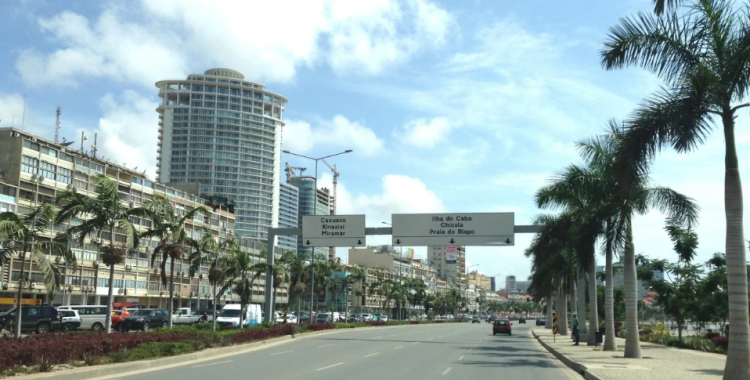"The latest GDP figures, despite still being related to 2021, show the first signs of a more consistent economic recovery that is taking shape in 2022", write the analysts in a note on the evolution of GDP last year, which rose 0.7 percent and out of the recession it had been in since 2016.
"We expect real GDP to accelerate to close to 3 percent this year, supported by the recovery in oil production and continued robust growth in the manufacturing and agriculture sectors", says the consultant.
"We expect the prolonged decline in oil production to finally stop this year; our forecast for crude oil production shows a slight improvement to 5.4 percent, which is 1.18 million barrels a day, due to incoming in operation of several wells, but remains well below potential due to technical difficulties in the extraction process", writes Oxford Economics Africa.
In the comment that Lusa had access to, analysts say that "the impact of the reforms implemented since 2017 has been slow and hidden by the fall in oil production and the effects of the covid-19 pandemic, but it is now more visible in the difference between the growth rate of the non-oil economy and that of the oil economy".
On the impact of the war in Ukraine, Oxford Economics says that "the impact should be negligible, as the Angolan economy's major exposure to potential trade disruptions is only in arms contracts from Russia and malt imports from Ukraine, mainly for beer production".
However, they add, "the conflict changed forecasts for fuel and food prices, which will have indirect effects on the Angolan economy, mainly due to the high dependence on imports of cereals, oils and fertilizers, which could accelerate the rise of food prices".
The good news, they conclude, is that "the high price of oil is causing an inflow of petrodollars, which is not only increasing government revenues, but also helped to strengthen the kwanza to the best level against the dollar since September of 2019".
In the first quarter, the national currency appreciated by 23 percent against the dollar, being the currency that appreciated the most in the world.







